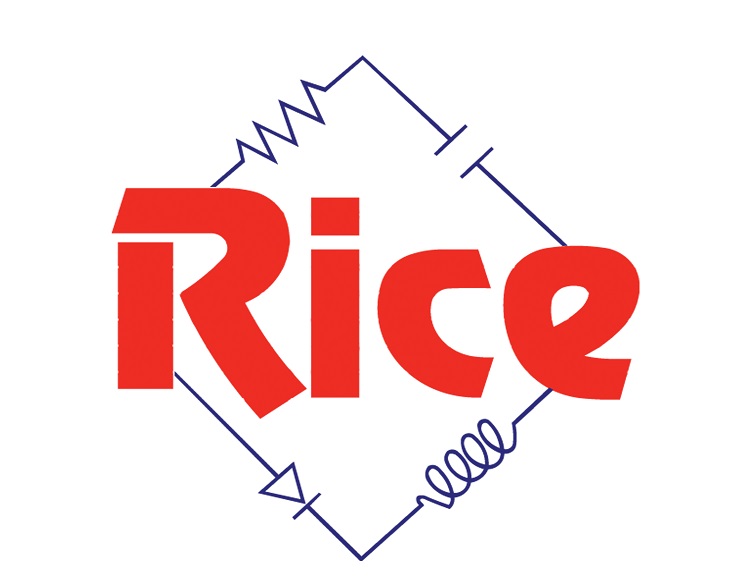Mobile SCADA

SCADA is an industrial measurement and control system consisting of a central host or master (usually called a master station, master terminal unit or MTU). One or more field data gathering and control units or remotes (usually called remote stations, remote terminal units, or RTU’s) and a collection of standard and/or custom software used to monitor and control remotely located field data elements.
Contemporary SCADA systems exhibit predominantly open-loop control characteristics and utilize predominantly long distance communications, although some elements of closed-loop control and/or short distance communications may also be present. SCADA systems are routinely seen in factories, treatment plants, production platforms, oil field, etc. These are often referred to as Distributed Control Systems (DCS). They have similar functions to SCADA systems, but the field data gathering or control units are usually located within a more confined area.
A local area network (LAN) provides communications and normally will be reliable and high speed. A DCS system usually employs significant amounts of closed loop control. A DCS system usually employs significant amounts of closed loop control. SCADA systems generally cover larger geographic areas, and rely on a variety of maritime, oilfield, and industrial communications systems, such as microwave, Standard “C” and VSAT.
